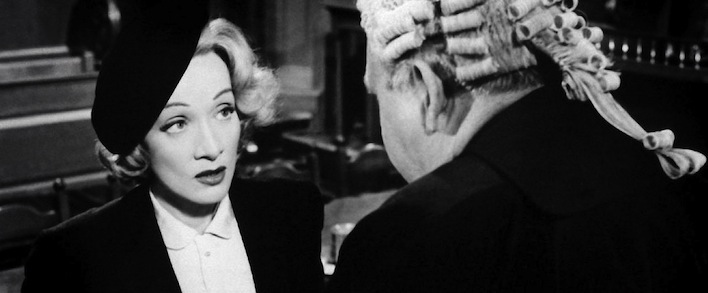The Law and the Lady between Emancipation and Reversion to Order
Abstract
As it often happens in literature, the staging of a miscarriage of justice (or allegedly so) gives occasion to criticize individual provisions of the law, and betrays a general underlying mistrust towards it, as well as an unavowed competition for discoursive authority. Fiorella’s article is a case study of The Law and the Lady (1874) by Wilkie Collins, an ambiguous detective novel which embarks on the exposure of the so-called ‘Scotch verdict’, and more importantly, of the socio-cultural law of the gender-based separation of roles, only to relapse on a seemingly traditional ending (which is expression of traditional mores), ultimately rejecting its ideological premise. Fiorella’s argument is that not only the closure but the whole of Collins’s literary project is shaped by an unresolved ambivalence of outlook, which is most evident in the attempt of a compromise between the conflicting codes of the melodrama and the detective novel.
Downloads
References
Brooks, Peter, The Melodramatic Imagination, New Haven-London, Yale University Press, 1976, trad.it. L’immaginazione melodrammatica, Parma, Pratiche, 1985.
Collins, Wilkie, The Law and the Lady, ed. by D. Skilton, London, Penguin Classics, 1998, trad.it. La Legge e la Signora, Ed. Alessandra Calanchi, Roma, Fazi, 2000.
Collins, Wilkie, Introduction to Basil, New York, Dover, 1980.
Cremante, Renzo – Rambelli, Loris (a cura di), La trama del delitto. Teoria e analisi del racconto poliziesco, Parma, Pratiche, 1990.
Dolin, Kieran, A Critical Introduction to Law and Literature, Cambridge, Cambridge University Press, 2007.
Fink, Guido, “Nel segno di Proteo” in Paragone, NS Letteratura, 43. 32-34, 504-506 (1992).
Heller, Tamara, Dead Secrets. Wilkie Collins and the Female Gothic, New Haven-London, Yale University Press, 1992.
Joyce, Simon, Capital Offenses. Geographies of Class and Crime in Victorian London, Charlottesville-London, University of Virginia Press, 2003.
Kestner, Joseph A., Sherlock’s Sisters. The British Female Detective, 1864-1913, Aldershot, Ashgate, 2003.
Kungl, Carla T., Creating the Fictional Female Detective. The Sleuth Heroines of British Women Writers, 1890-1940, Jefferson, N.C.-London, McFarland, 2006.
Lonoff, Sue, Wilkie Collins and His Victorian Readers. A Study in the Rhetoric of Authorship, New York, AMS Press, 1982.
Maunder, Andrew - Moore, Grace (eds), Victorian Crime, Madness and Sensation, Farnham- Burlington, Ashgate, 2004.
Page, Norman (ed), Wilkie Collins. The Critical Heritage, London-Boston, Routledge-Kegan Paul, 1974.
Pykett, Lyn (ed), Wilkie Collins, Basingstoke-London, Macmillan, 1998.
Rigoli, Juan, Lire le délire. Aliénisme, rhétorique et littérature en France au XIXe siècle, Paris, Fayard, 2001.
Rodenski, Lisa, The Crime in Mind. Criminal Responsibility and the Victorian Novel, Oxford, Oxford University Press, 2003.
Skilton, David, Introduction to W. Collins, The Law and the Lady, London, Penguin Classics, 1998.
Smith, Nelson – Terry, R.C. (eds), Wilkie Collins to the Forefront. Some Reassessments, New York, AMS Press, 1995.
Taylor, Jenny B., Introduction to W. Collins, The Law and the Lady, New York, Oxford Classics, 1992.
Thomas, Ronald R., Detective Fiction and the Rise of Forensic Science, Cambridge, Cambridge University Press, 1999.
Trodd, Anthea, Domestic Crime in the Victorian Novel, London, Macmillan, 1989.
Copyright Notice
You are free to copy, distribute and transmit the work, and to adapt the work. You must attribute the work in the manner specified by the author or licensor (but not in any way that suggests that they endorse you or your use of the work).









